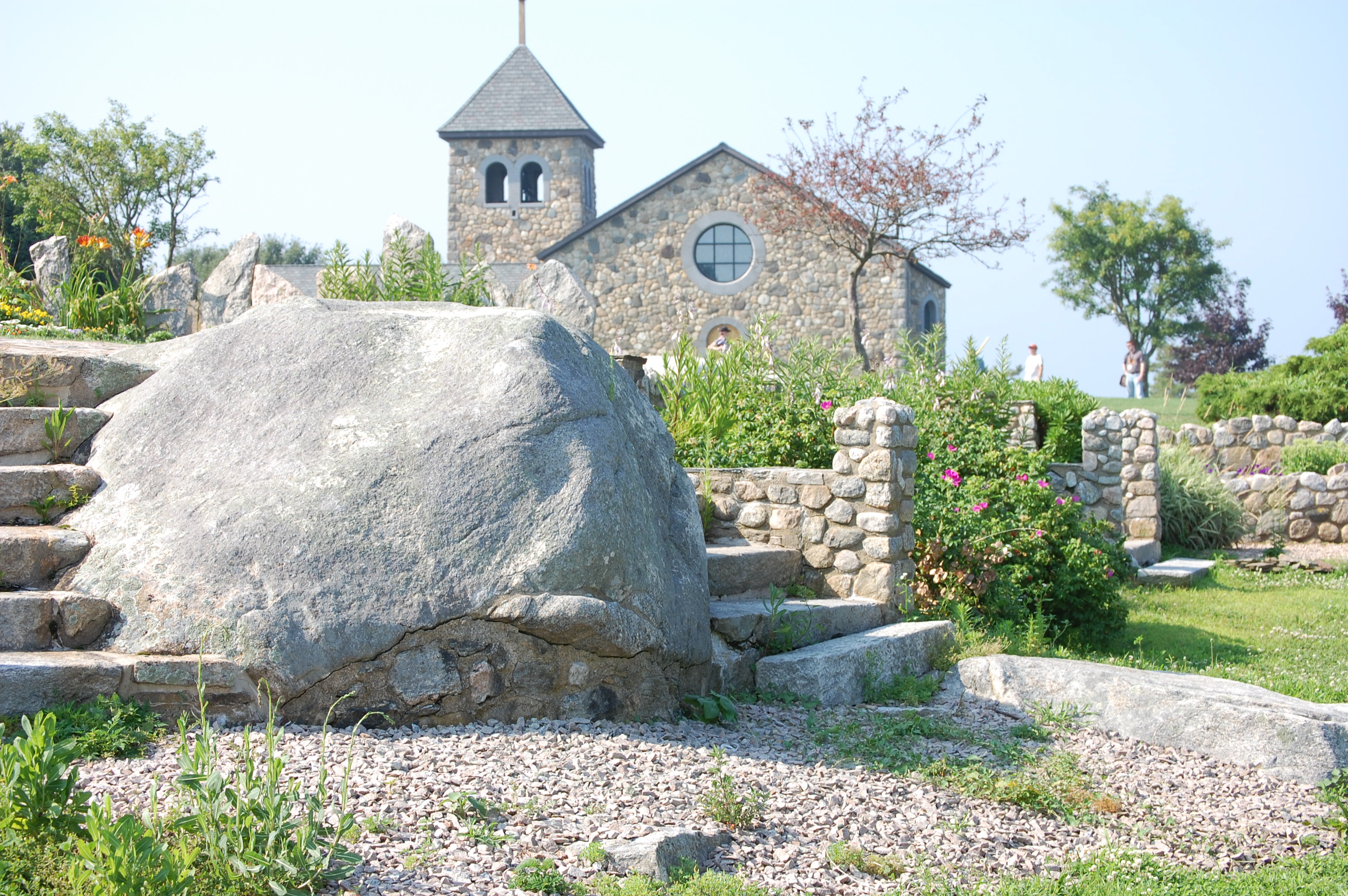I’ve been back for a few days from my grad school residency on Enders Island, and I’m ready to blog again.
Before you all read this, I have to warn you: I have the MFA frenzy. It happens whenever I return from my creative writing MFA residency in Mystic, Conn. and it continues for about a month. During this time, I write like I’ve been taking uppers, talk incessantly about story arcs, character flaws, scene vs summary, you get the idea. I apologize in advance.
For those who don’t know, let me explain where I’ve been. Enders Island, a religious retreat in Mystic, Conn., is the location for the Fairfield University Masters of Fine Arts in Creative Writing residency. (If you click on the link, I’m in the picture at the top of the page. You can just barely see my pink hat in the back row.) I’ve lived on Enders for 10 days every six months for the past two years. My cohort and I take all our classes there; we workshop our writing and take seminars and study with established authors. Every year when I come back home after my residency, someone always asks me if I’m sorry to leave the island.
My answer to that is no. It’s not easy to spend 10 days at a workshop with lots of other writers. Ask Chuck Palahniuk.
But, and this is a big but, I really need the residencies in order to be productive. And honestly, I’m not looking forward to graduating, because that means I’ll no longer have the creative kick in the pants that the residency provides.
Allow me to explain. In some ways, the MFA residency is run on the same principle as a boot camp. By the end of 10 days, I am physically ground down. I haven’t slept, I haven’t eaten that much, and I’ve been living in such close quarters with others that my personal space is all out of whack. I almost always leave the island with an ailment or a minor injury. I spend the final two days of every residency in a strange creative fog. I can’t pay attention to normal things, like conversation, or lunch, or tying my shoes, but a different part of my brain kicks in. I find myself thinking in poetry, and everything becomes a writing exercise. People become studies for character development. I start using active verbs, like “scrub” and “dive,” in small talk. Nothing matters, by the end, except the work.
Once I get home and get some sleep, the writing begins, and does not stop for months. I’m not sure how I’m going to sustain that level of inspiration without the residency.
Another thing that’s amazing about the residency is that when I come home, I am always convinced that I will publish my novel. I’m utterly confident that my novel will be published, optioned, and translated, and that I will be able to eke out at least a modest living on my words. I write short fiction and poems and I send them out to literary magazines. They ignore me and reject me, and I don’t even care, because I am positive that someone will accept my work. It is bizarre. To hear me talk, when I come back from residency, you would think that I had already published a novel.
And, you know, I think that’s the way to be. Writing a novel (and getting it published) is my dream. If I were to allow myself to be discouraged by the cold hard facts of publishing, I wouldn’t even try to finish the manuscript. I certainly wouldn’t involve colleagues, professors, graduate programs and writing groups in a novel that I thought might fail. I wouldn’t want to disappoint the people I respect. I wouldn’t want to waste their time. And at this point, I’ve involved at least 15 other people in my novel by asking them to workshop it, listen to it or talk with me about it.
So now there’s no room for failure. Especially now, because in the next few months I have to finish my novel in order to graduate.

